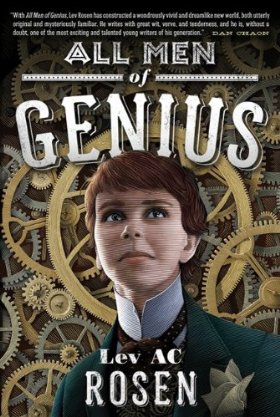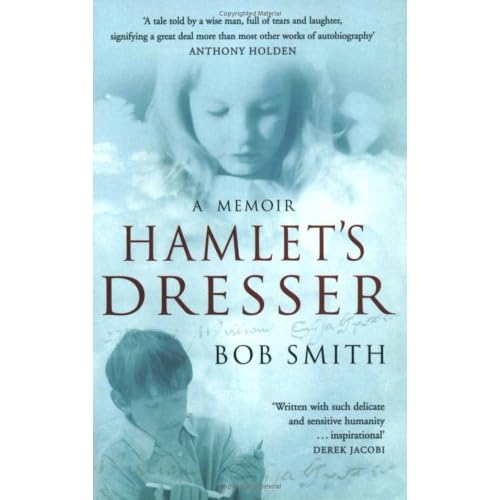
The Wednesday Wars
By Gary Schmidt
After we closed the books, Mrs. Baker asked me to discuss the character of Shylock.
"He isn't really a villain," I said, "is he?"
"No," said Ms. Baker, "he isn't."
"He's more like someone who wants..."
"Who wants what, Mr. Hoodhood?"
"Someone who wants to become who he's supposed to be," I said.
Mrs. Baker considered that. "And why couldn't he?" she asked.
"Because they wouldn't let him. They decided he had to be a certain way, and he was trapped. He couldn't be anything except for what he was," I said.
"And that is why they call it a tragedy," said Mrs. Baker.
The Wednesday Wars
is about Holling Hoodhood, the Son Who Is Going To Inherit Hoodhood and
Associates Architects Firm. He lives in the Perfect House, right in the middle
of the town, where he is not allowed to go into the living room, and everything
is covered in plastic. His life is set out for him by his forceful father, who
makes every decision in his life based on if it will help advance his career. Until
one day when his teacher, Ms. Baker, begins an independent study session with
him, exploring the works of William Shakespeare. He then begins to wonder who
it is he will become.
This book was amazing! Schmidt’s style is intricate and
clear as a bell. Holling’s life starts out very small, mostly petty school
troubles. He sees things through a narrow lens: “My teacher hates me.” However,
as soon as he starts reading Shakespeare, his world is gradually widened. He
sees other people’s point of view, and he gets a glimpse into lives that are
not his own. He starts memorizing passages, and using Shakespeare’s words in
every day speech. He begins to see that his father might not be the man he
wanted to be. That there are things worth fighting for. That there are many
sides to a question.
And the beautiful thing is that it doesn't happen through
one brief training montage and he understands Shakespeare and life all at once.
He reads one play at a time throughout the year, and each play reflects what is
going on in his busy life. When he is dealing with love, he is reading Romeo
and Juliet. When he is dealing with his father, he is reading Hamlet. When he
is confronting a bully, he is reading Macbeth. While none of the stories really
have clever exact parallels like so many of the YA Shakespeare lit painfully does,
his knowledge of the work sheds a new light on his life, as Shakespeare should.
Since Holling begins to see the world differently, he starts
to make different choices. Bolder ones. Riskier ones. Life-affirming ones. He
begins to stand up for what he believes in. He stands up against his father,
and he finds himself. And the brilliant thing is, he does it as a middle school
boy.
This book touched me deeply, not only for the transformative
power of Shakespeare (which my mother taught me in middle school), but because
of the relationship between Holling and his older sister Heather. I have a
younger brother who is often much smarter than me in many ways, and whom I can
count on to take care of me like Holling did.
I highly recommend this for anyone trying to show kids the
power of Shakespeare, and any adult who knows the power of Shakespeare and
needs to remember what it was like to be a kid again and to choose for yourself.
Here is my friend Drown My Books' review of the book!



